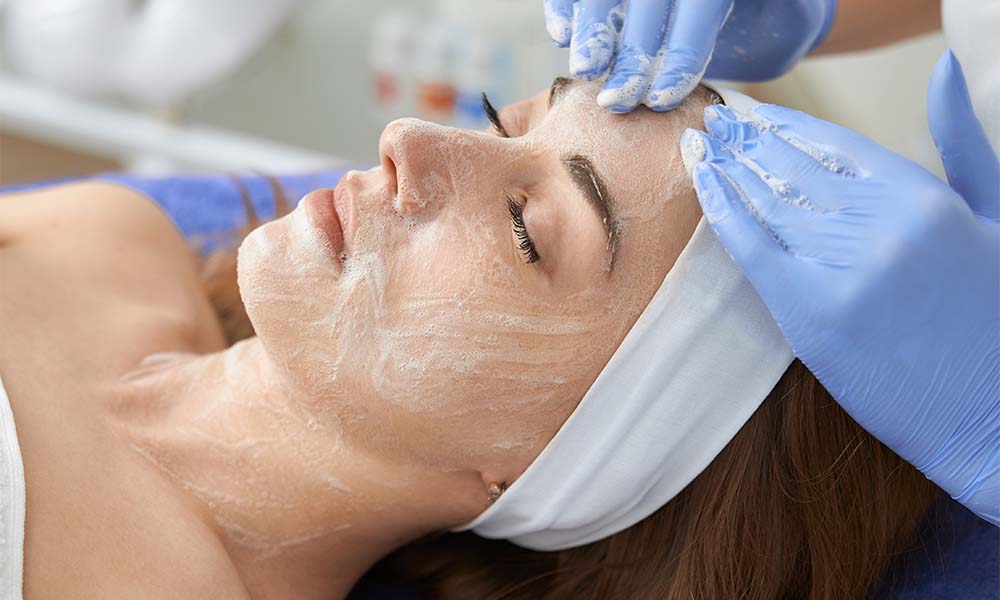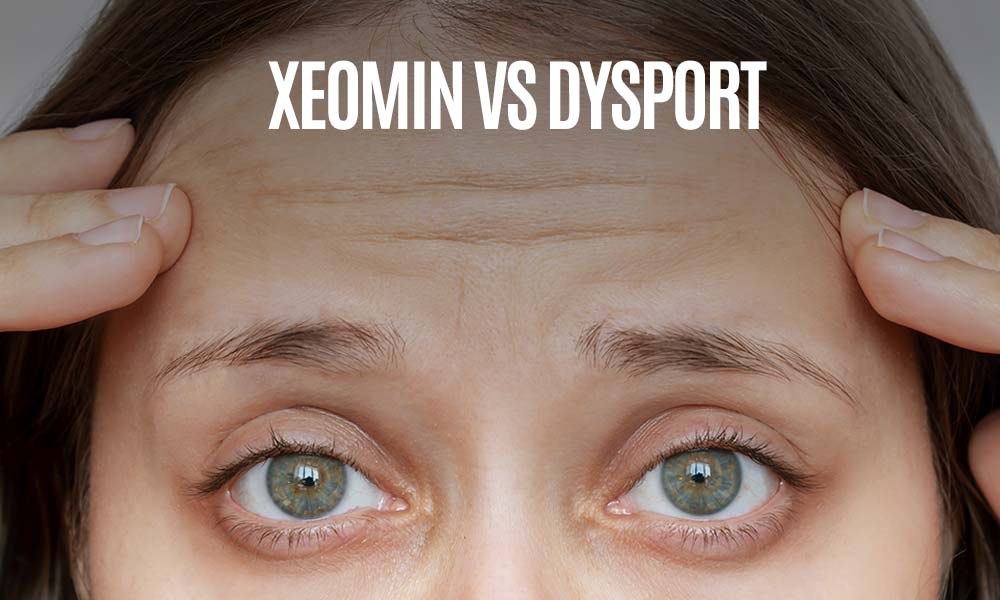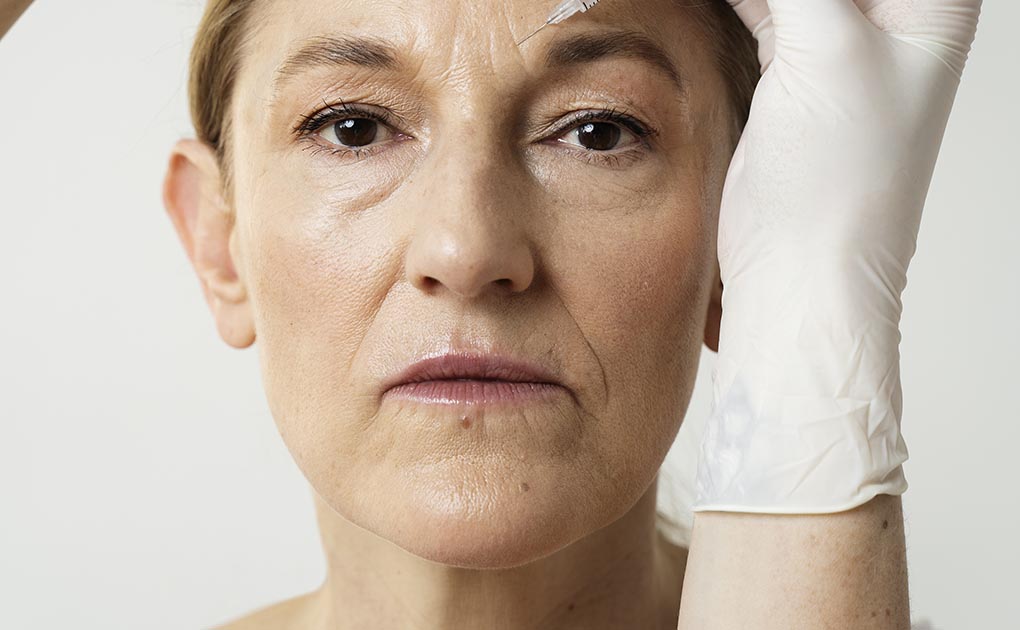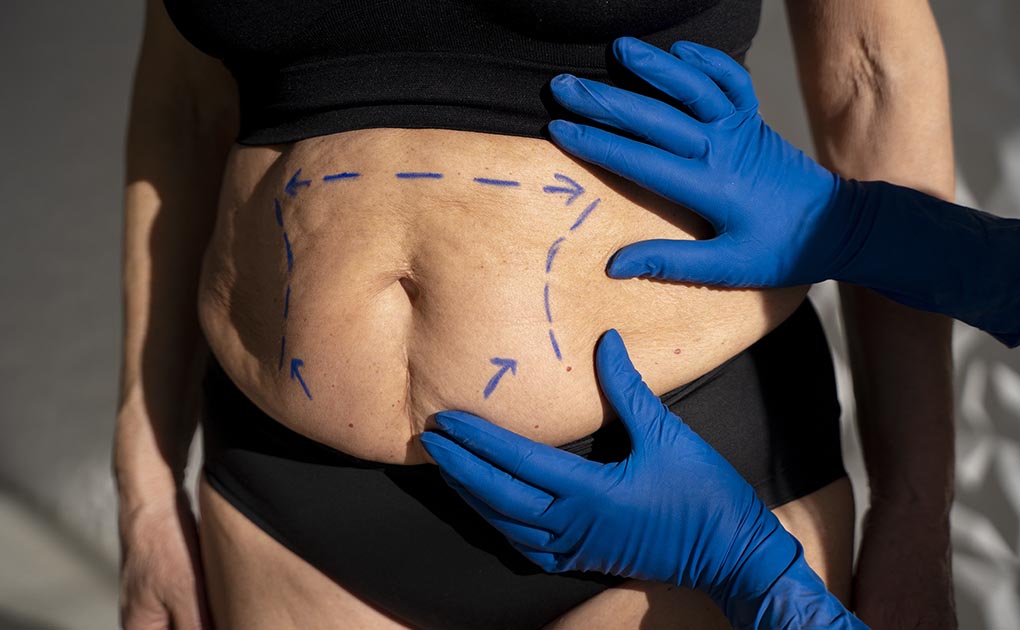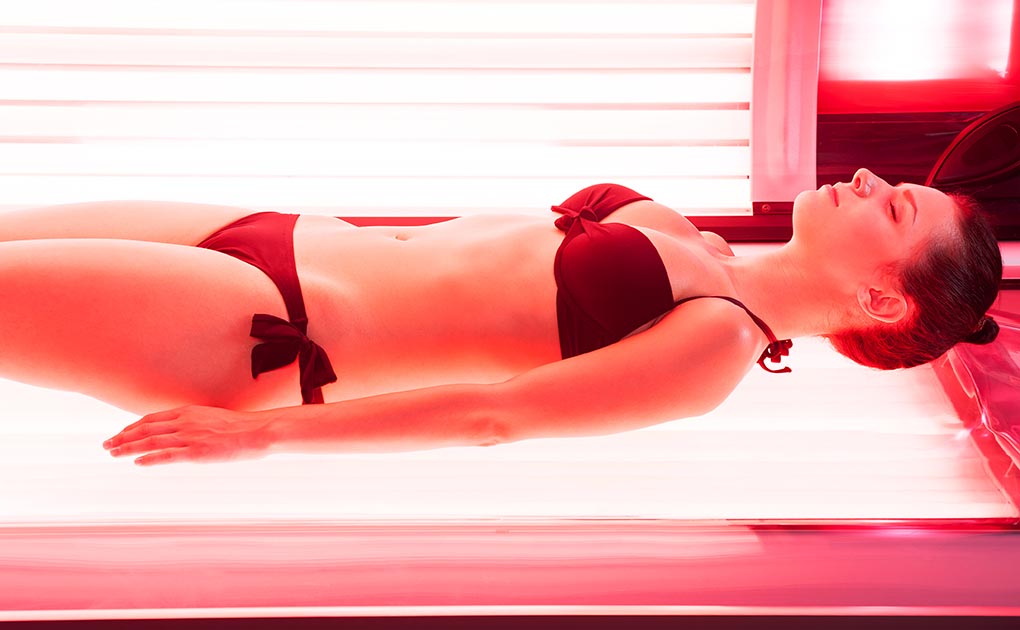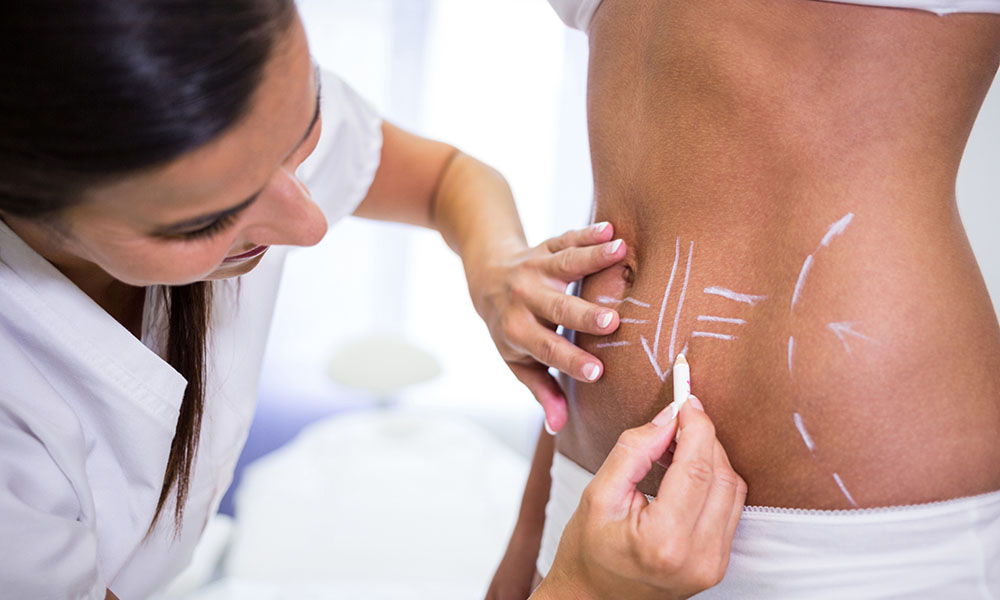A chemical peel is a popular skincare treatment designed to exfoliate and rejuvenate the skin. It involves applying a chemical solution to the skin, which causes the outer layers of the skin to peel away, revealing smoother, more youthful-looking skin beneath.
Chemical peels are used to treat a variety of skin concerns, including acne scars, hyperpigmentation, fine lines, and wrinkles.
In this blog, we’ll explore what chemical peels are, the different types available, how the procedure works, and the benefits they offer. We’ll also discuss what to expect during a chemical peel and how to care for your skin afterwards.
How Chemical Peels Work
A chemical peel works by applying a specially formulated chemical solution to the skin that exfoliates the surface layers. This process stimulates the skin’s natural healing process, encouraging the growth of new, healthier skin cells. The treatment can range from mild to deep depending on the type of chemical solution used and the intensity of the peel.
Chemical peels are primarily used to improve the texture and appearance of the skin by addressing issues such as:
- Acne
- Fine lines and wrinkles
- Hyperpigmentation (age spots, sun damage, etc.)
- Uneven skin tone
- Scarring
- Dull or dry skin
Types of Chemical Peels
There are three main types of chemical peels, each varying in strength and depth of exfoliation:
- Superficial (Light) Peels: These are the mildest type of chemical peel, usually made with alpha-hydroxy acids (AHAs) or beta-hydroxy acids (BHAs). Superficial peels are used to treat mild skin issues like dry skin, light acne, and uneven skin tone. Recovery time is quick, and the results are often subtle.
- Medium Peels: These peels penetrate deeper into the skin and are typically used to treat moderate sun damage, acne scars, and fine lines. The chemical solution used is often trichloroacetic acid (TCA) or glycolic acid, which causes more noticeable exfoliation and requires a few days of downtime.
- Deep Peels: Deep chemical peels provide the most dramatic results by penetrating the skin’s deeper layers. These are typically used to address severe skin issues, such as deep wrinkles, scarring, or severe sun damage. Phenol is often used in deep peels, and recovery time can take up to two weeks.
Benefits of Chemical Peels
Chemical peels offer a variety of skin benefits, making them a popular treatment option for those looking to improve their complexion.
Some of the main benefits include:
- Improved Skin Texture: By removing the outer layers of dead skin, chemical peels promote smoother, more even-textured skin.
- Reduction of Fine Lines and Wrinkles: Chemical peels can stimulate collagen production, which helps reduce the appearance of fine lines and wrinkles.
- Treatment of Acne and Acne Scars: Peels can help treat active acne and improve the appearance of acne scars by encouraging the turnover of new skin cells.
- Brightening and Even Skin Tone: Chemical peels can help reduce hyperpigmentation, sunspots, and age spots, giving the skin a brighter and more even tone.
- Boost in Collagen Production: Deeper peels can stimulate collagen production, which is essential for maintaining skin elasticity and firmness.
What to Expect During a Chemical Peel?
Before the treatment, your provider will assess your skin and discuss your specific concerns and goals. Based on this assessment, they will choose the appropriate type of peel for your skin type and condition.
The procedure itself typically involves the following steps:
- Cleansing: Your skin will be thoroughly cleansed to remove any dirt, oil, or makeup.
- Application of the Chemical Solution: The chemical solution will be applied to your skin, and you may feel a mild tingling or burning sensation as it works.
- Neutralization and Removal: After a certain amount of time, the chemical solution will be neutralized and removed.
- Post-Treatment Care: Your provider will apply soothing products and provide aftercare instructions, which may include avoiding sun exposure and using gentle skincare products for a period of time.
Aftercare and Recovery
The recovery process depends on the type of chemical peel performed. Superficial peels usually require minimal downtime, with only slight redness or peeling, while medium and deep peels may involve more noticeable peeling and swelling for several days. To ensure optimal results, follow your provider’s aftercare instructions, which typically include:
- Avoiding sun exposure and using sunscreen.
- Keeping the skin moisturized to prevent dryness.
- Avoiding harsh skincare products or exfoliants.
- Not picking at peeling skin to avoid scarring or infection.
Conclusion
Chemical peels are a powerful solution for enhancing skin texture, reducing signs of aging, and tackling concerns like acne and hyperpigmentation.
Whether you’re considering a mild peel for a refreshed glow or a deeper treatment for significant concerns, chemical peels can deliver lasting and transformative results.
To ensure the best outcome, consult with a licensed professional who can recommend the ideal peel for your skin type and goals. Ready to rejuvenate your skin? Contact Forever Young MedSpa today to schedule your consultation and take the first step toward radiant, healthy skin!
FAQs
1. How long does it take to recover from a chemical peel?
Recovery time varies depending on the type of peel. Superficial peels usually have minimal downtime, while deeper peels may require several days to a week for full recovery.
2. Are chemical peels painful?
Most people experience mild discomfort or a tingling sensation during the procedure, but it is generally not painful. Deeper peels may cause more intense sensations, which can be managed with numbing agents.
3. How many chemical peel treatments do I need?
The number of treatments required depends on your skin concerns and the type of peel used. Superficial peels may require a series of treatments for best results, while deeper peels may provide noticeable improvements after just one session.
4. Can chemical peels help with acne scars?
Yes, chemical peels are effective in improving the appearance of acne scars by promoting the growth of new skin cells and encouraging collagen production.
5. Are there any risks with chemical peels?
While rare, risks can include scarring, infection, or hyperpigmentation. Choosing a qualified provider reduces the likelihood of complications.
